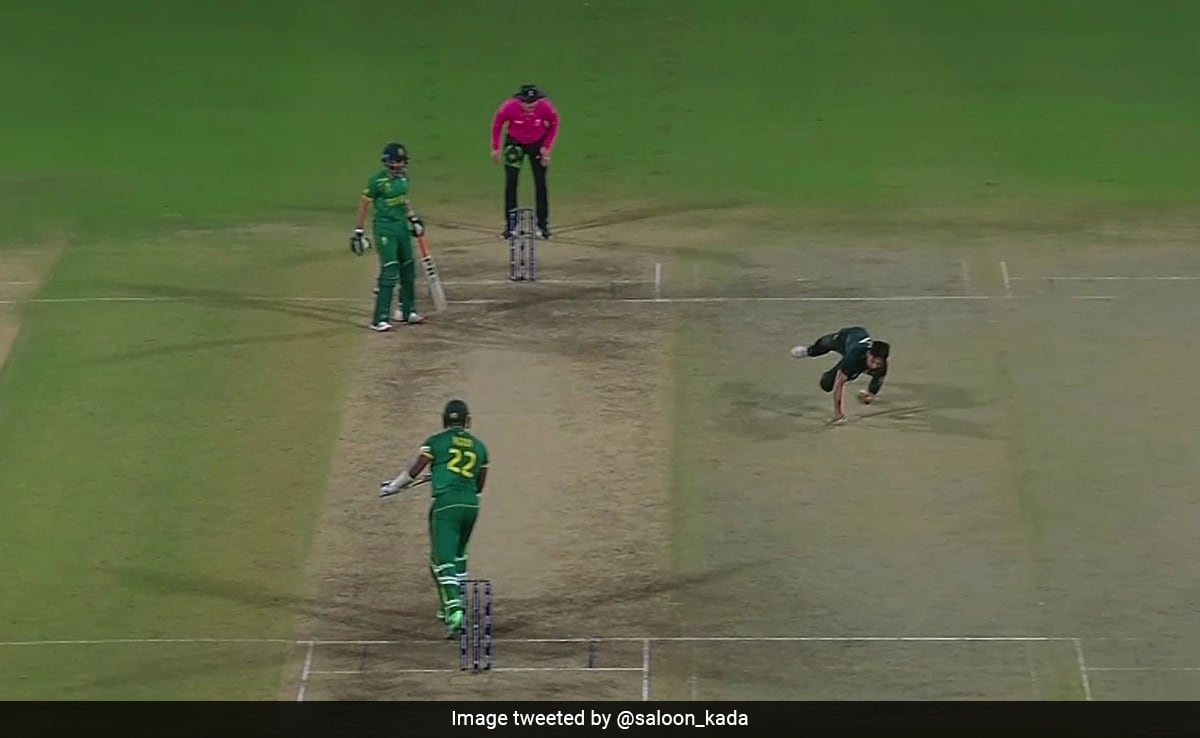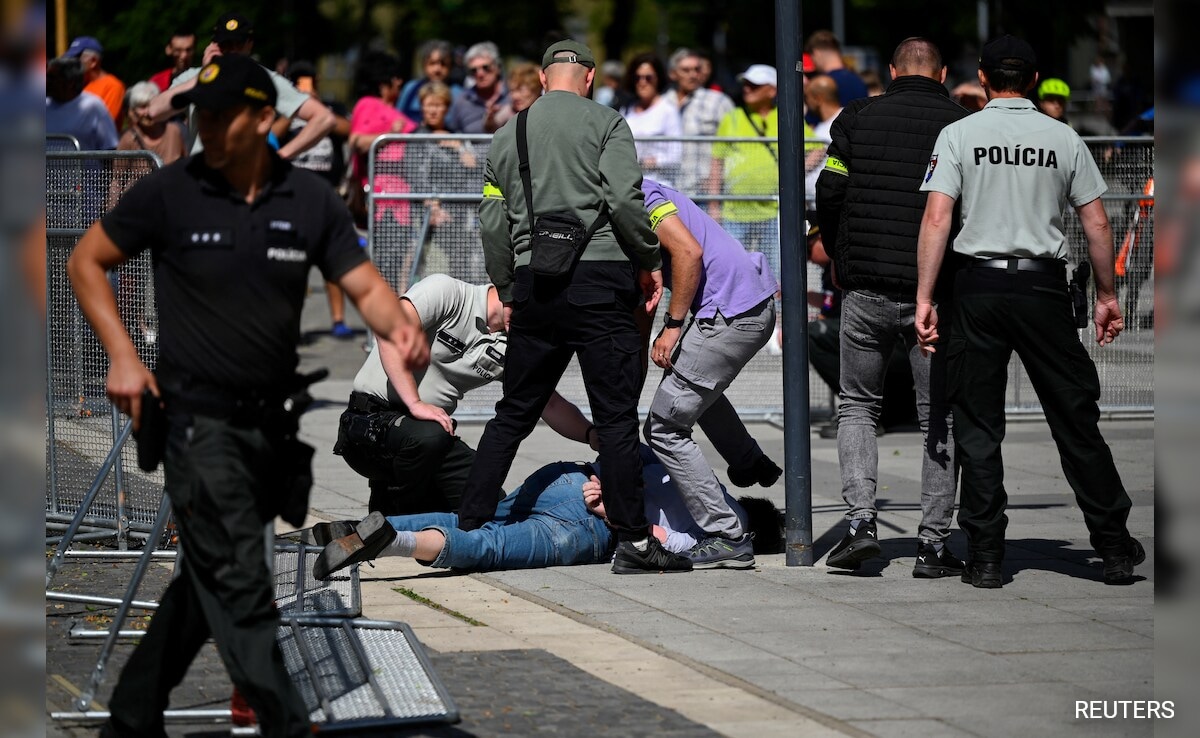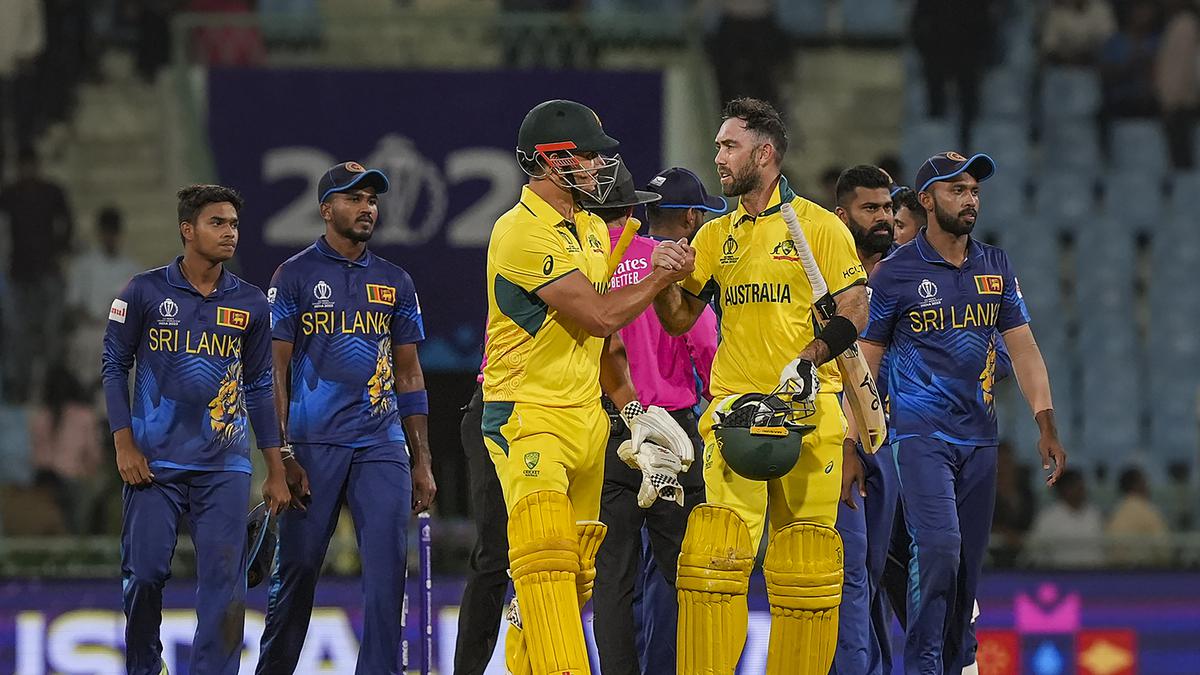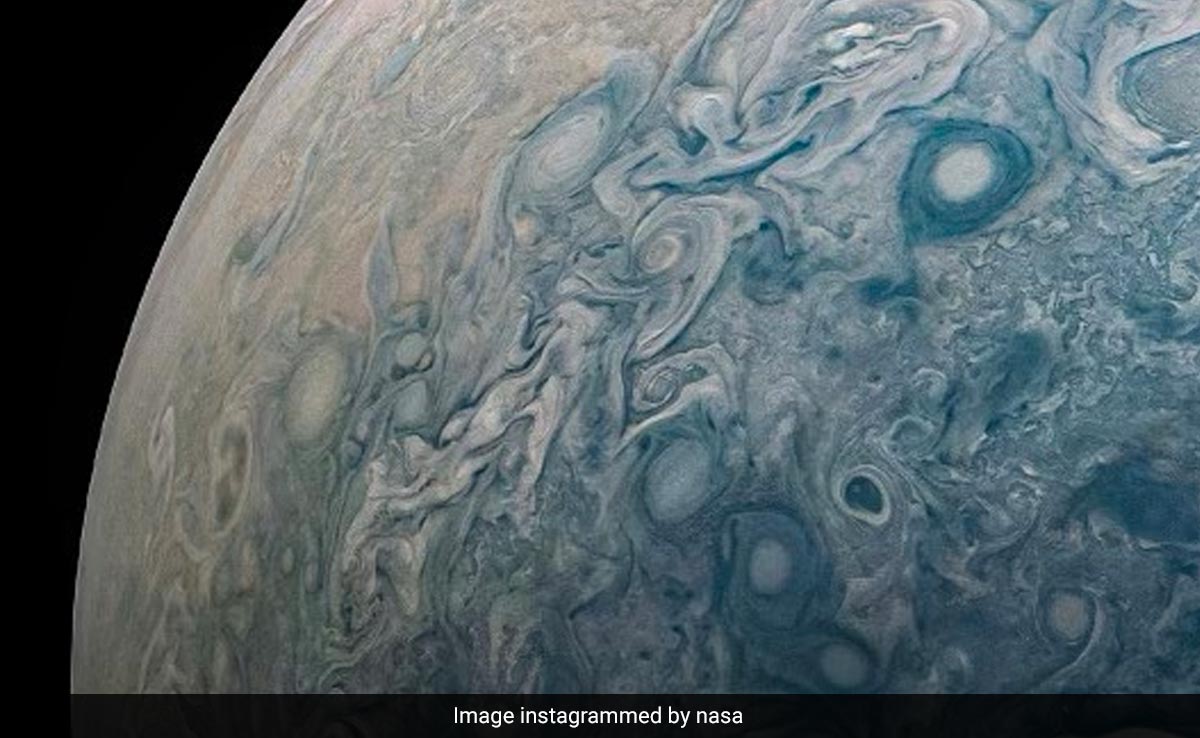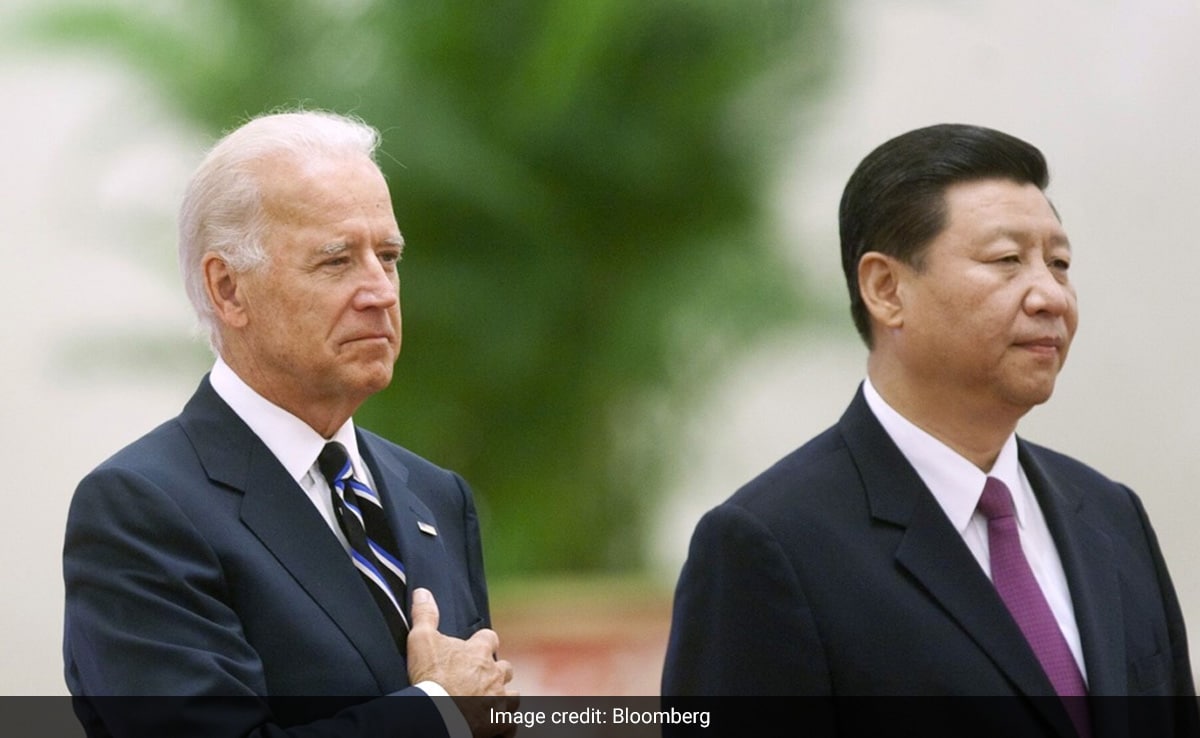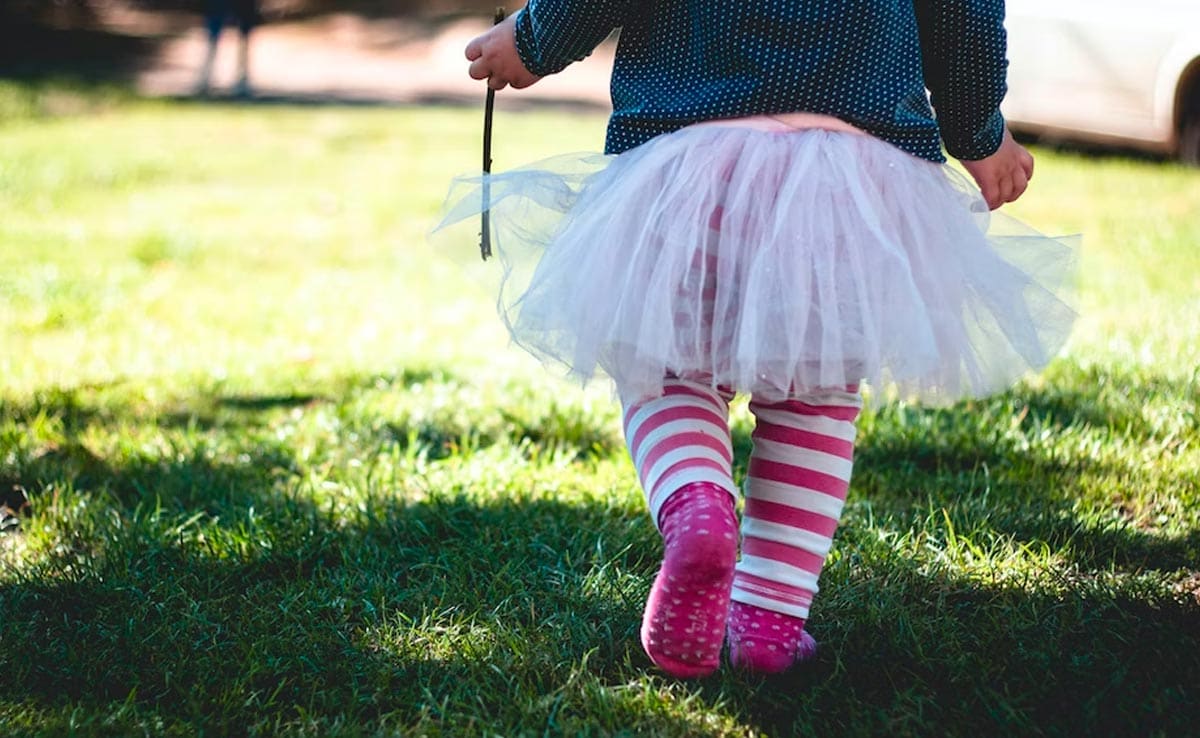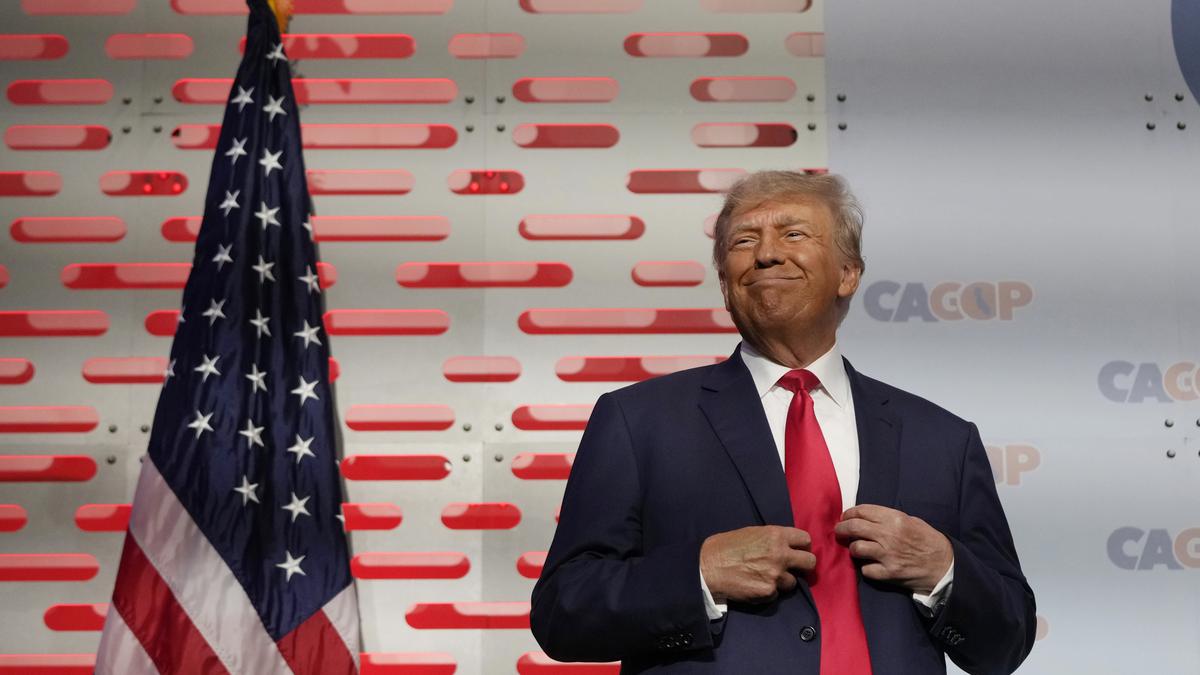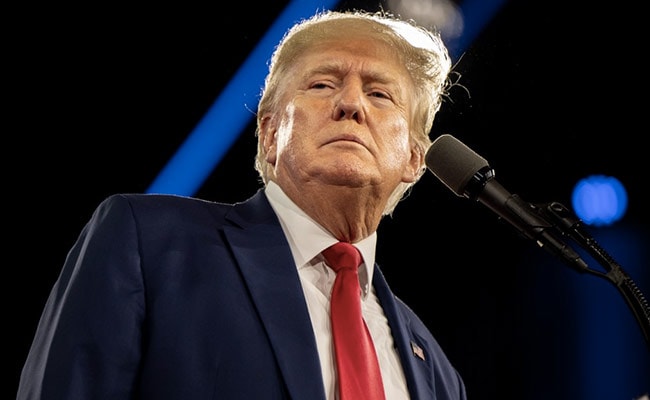A giant screen broadcasts news footages of a funeral service for the late former Chinese Premier Li Keqiang, in Beijing, China November 2, 2023.
| Photo Credit: REUTERS
China’s Communist Party leaders publicly honoured former premier Li Keqiang on Thursday as he was laid to rest, but censors scrubbed praise of the reform-minded bureaucrat once seen as a rival to Xi Jinping to become president.
Li, an economist and fluent English speaker, died from a sudden heart attack in Shanghai last week at the age of 68, just months after stepping down as the country’s second-ranked leader.
The low-key but affable technocrat was viewed by many as an advocate for political liberalisation and economic reform, but came to be sidelined by Xi’s more centralised and domineering governance style.
As flags flew at half-mast across the country in tribute to what the Communist Party called a “loyal communist soldier”, authorities were on high alert for any hints of public mourning for Li translating into criticism of Xi.
The Weibo social media site on Thursday showed more than 30,000 comments beneath a hashtag commemorating Li shared by state broadcaster CCTV.
But only 13 of them were visible, suggesting Chinese censors were scrubbing vast numbers of comments from the site.
Those that remained were distinctly apolitical, wishing the late premier “farewell” and promising he would “forever be in our hearts”.
Charlie Smith, co-founder of GreatFire, which monitors Chinese censorship online, told AFP “authorities are tightly controlling the messaging around the death of Li”.
He pointed to a number of censored comments saved by his group, including one that hailed Li as a “modern man with modern social concepts and a modern vision of civilization.”
Another praised Li for working to “streamline” Chinese bureaucracy.
“The authorities make it appear as if everybody is indifferent about Li’s death, and there is no room to express sentiment otherwise,” Smith, who writes under a pseudonym, said.
More pointed comments could be found on the former Weibo page of the whistleblower doctor Li Wenliang, who died from Covid in early 2020 after officials silenced his efforts to warn others about the deadly disease, triggering a public outcry.
“All the flags in the whole country are at half-mast, and we can’t do anything except bow and bid him farewell,” one user wrote.
“They won’t let us search for anything online, and bottling this up is unbearable,” wrote another.
Li Keqiang’s decade-long tenure saw a shift from the more consensus-based rule of former leaders towards Xi’s more concentrated style.
Public reflection and nostalgia after the demise of former leaders can be highly sensitive for the Communist Party.
The death last year of former leader Jiang Zemin at the height of anti-Covid lockdowns sparked a wave of online nostalgia for his more relaxed, open rule in the 1990s.
And David Bandurski, director of the independent China Media Project, wrote that the party had honoured Li with a “paint-by-numbers treatment”.
“In death, it seems, Li Keqiang has been sidelined too,” he said.
The appointment of a key Xi ally as Li Keqiang’s successor was seen as a sign that his reformist agenda had fallen by the wayside as Beijing tightened its grip over the economy.
Social media users have shared some of Li Keqiang’s best-known quotes since his death, including a renewed declaration of support for China’s reform and opening policy made as the country groaned under isolating Covid curbs in 2022.
“The Yellow River and Yangtze River will not change course,” Li said at the time, characterising the reform process as an unstoppable force of nature.
The Communist Party has urged the Chinese people to “turn grief into strength” by rallying even closer around their leaders.
His body was cremated at Beijing’s Babaoshan Revolutionary Cemetery on Thursday, at an event attended by the country’s top leadership, including Xi, state broadcaster CCTV reported.
Hu Jintao — the former president and mentor of Li who was dramatically escorted from a party conclave last year as Xi sealed a third term in power — sent a wreath, it added.
National flags in a smoggy Tiananmen Square and at other locations in Beijing were lowered to half-mast on Thursday.
And near Babaoshan, where scores of notable Chinese officials are buried, around 200 mostly elderly people gathered.
But they were outnumbered by law enforcement, with attempts to film the entrance of the cemetery from a moving car blocked by a police vehicle.



